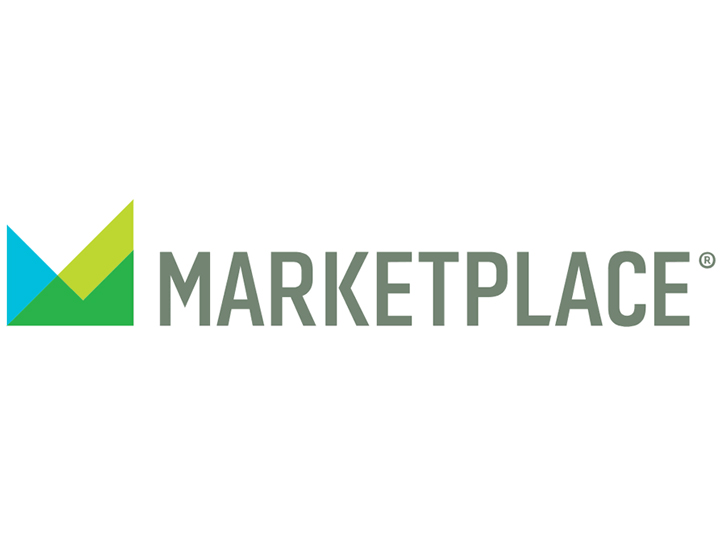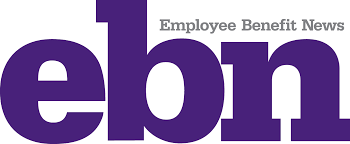2025 FinHealth Spend Report Shows the Price of Participation in America’s Financial System Hit $455 Billion in 2024, with Financially Vulnerable Bearing the Heaviest Burden
Fees and interest surged by nearly $100B over two years as student loans resumed and credit card debt grew, costing Financially Vulnerable households 17 times more of their income than Financially Healthy households.
FinHealth Spend 2025: The Cost of Financial Services For American Households
Financial Health Network research reveals that Americans spent $455 billion in financial services fees and interest in 2024 as credit costs, student loans, and deep inequities strain households.
Memorandum of the Financial Health Network, Consumers Reports, and SaverLife as Amici Curae in Forcht Bank, NA vs. Consumer Financial Protection Bureau
This Memorandum is submitted in support of intervenor Financial Technology Association’s opposition to plaintiffs’ and defendants’ motions for summary judgment and in support of intervenor’s cross-motion. Amici are non-profit organizations dedicated to advancing the financial health of American households.
Seven Pain-Points in the Consumer Financial Data Ecosystem: Priorities for the CFPB’s Rulemaking Under §1033 of the Dodd-Frank Act
Consumer’s ability to access and electronically share their financial data has already demonstrated considerable financial health benefits. But our research among consumers, their financial app providers and data aggregators reveals seven “pain points” impeding data access and preventing consumers from sending their data where it can do them the greatest good. The Bureau’s pending rulemaking under Section 1033 of Dodd Frank can best serve financial health by incorporating a few basic principles that will enshrine consumers’ data access rights.
CFPB should write a data sharing rule that can evolve with the market
The Consumer Financial Protection Bureau's recent Regulatory Agenda indicates that the bureau plans to commence a rulemaking in November to implement the data sharing provision in Section 1033 of the Dodd-Frank Act. For that rulemaking to enable consumers to enjoy the benefits of more open data, the CFPB should heed Director Rohit Chopra's recent call to eschew "highly complicated rules that have long been a staple of consumer financial regulation" and instead develop a principles-based approach that addresses the most significant pain points in the data ecosystem today and will allow the market to evolve over time.
Survey finds more than half of Americans are experiencing financial hardship due to gas prices
Gas prices are still high across the country, which is causing stress and financial hardship for many Americans, according to a recent Gallup survey. But not as many Americans are stressed as in the past when gas has been expensive. When gas prices spiked in 2005 and 2008, more than 70% of people said it was causing them financial hardship. Now, about half of Americans are saying that.
Financial Health Research: Expanding Our DEI Lens
As part of our DEI commitment, the Financial Health Network is updating our survey questions and analysis around ethnicity, gender, LGBTQIA+ status, and ability.
The Financial Health Network Announces Child Tax Credit Research
Challenges continue to impede the distribution of Child Tax Credit payments, especially for those who could benefit from them the most. The Financial Health Network will undertake research, supported by VISA, to determine how long CTC recipients might have waited to receive their payment, how much they might have spent in fees to access their payment, and how they ultimately used their payment.
How paid leave can be a financial safety net for your employees
During this past year, we’ve heard countless stories about workers having to take time off or quit their jobs to tend to a serious illness or care for loved ones throughout the pandemic.









